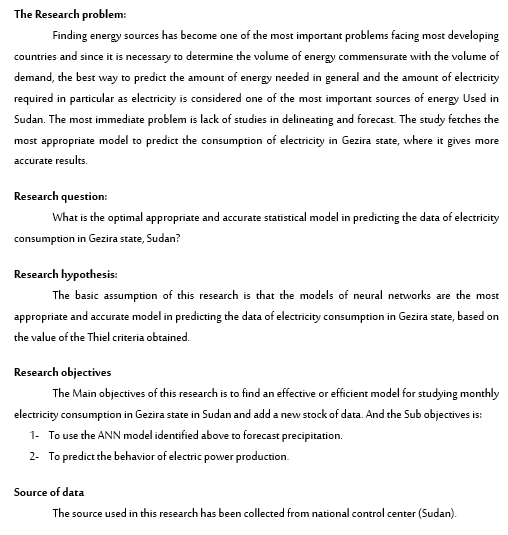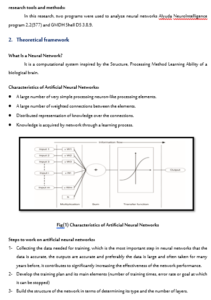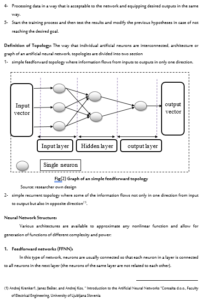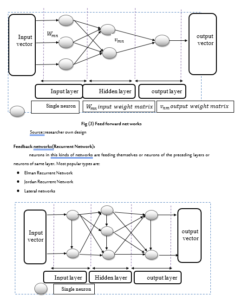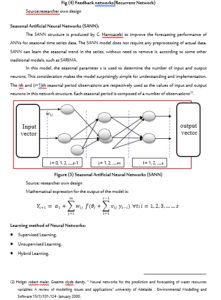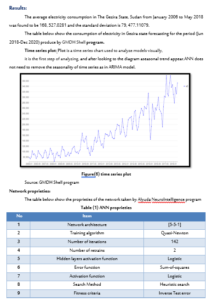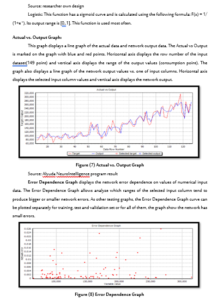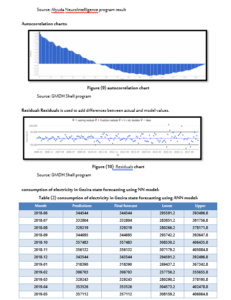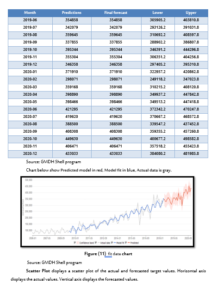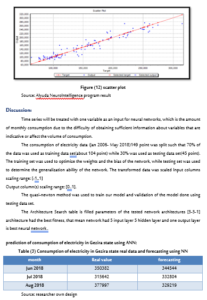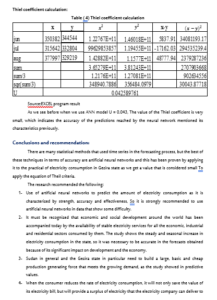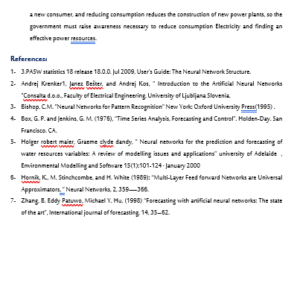Application of Artificial Neural Networks Model for Forecasting Consumption of Electricity in Gezira State, Sudan (2006-2018)
Nada Mohammed Ahmed Alamin
Faculty of Science || University of Hafr Albatin || KSA
تطبيقات الشبكات العصبية الاصطناعية للتنبؤ باستهلاك الكهرباء في ولاية الجزيرة، السودان (2006-2018)
ندى محمد أحمد الأمين
كلية العلوم || جامعة حفر الباطن || المملكة العربية السعودية
1. Introduction:
Forecasting electricity consumption is one of the most important factors affecting the success of investment in different sectors, as electricity is the main energy source in Sudan and in order to make any decision in any economic area must provide the power operating energy commensurate with the quantity and cost with the expected consumption of Electric power. The importance of forecasting also comes from the possibility of determining the expected changes to consumption negatively and positively depending on the factors affecting it. The method of analysis of time series is preferred for prediction purposes in two cases, the first of which is when there are problems either in finding external factors affecting the phenomenon or problems in measuring the relationships that govern this behavior or both.
Second, when the primary objective of the prediction is to know the value of the phenomenon or the behavior of the phenomenon in the future only without the need to explain this behavior.
Neural network forecasting is more flexible than typical linear or polynomial approximations and is thus more precise. With neural networks an expert can discover and take into account non-linear connections and relationships between data and build a candidate model with high prediction strength
The most popular definition of artificial neural networks is a mathematical model that tries to simulate the structure and functionalities of biological neural networks
